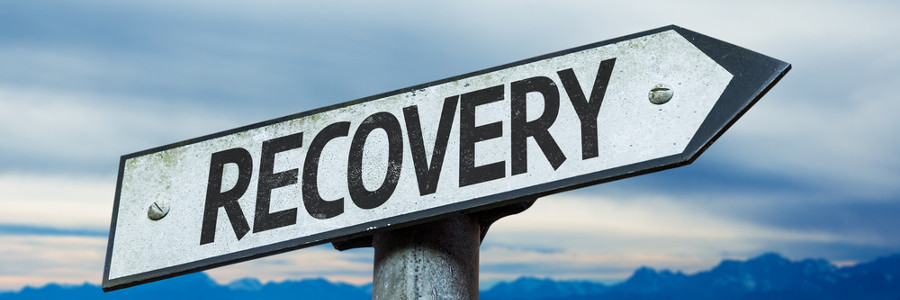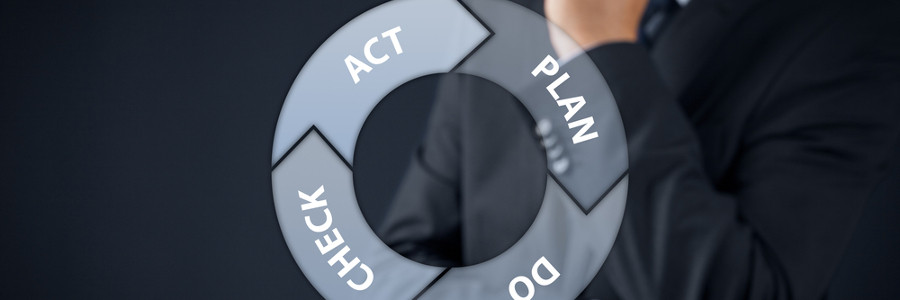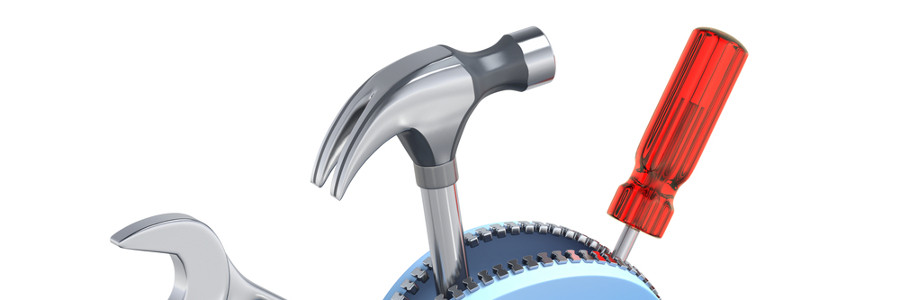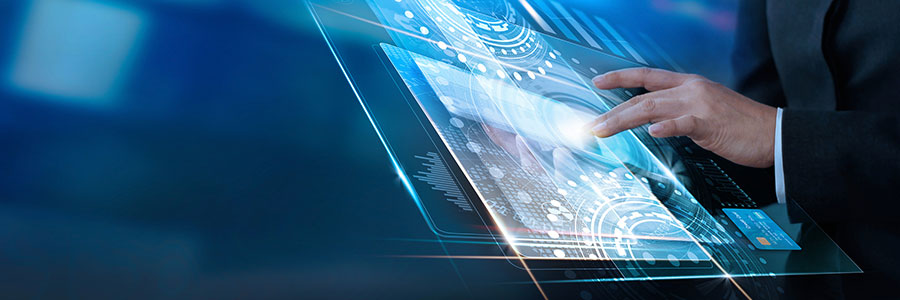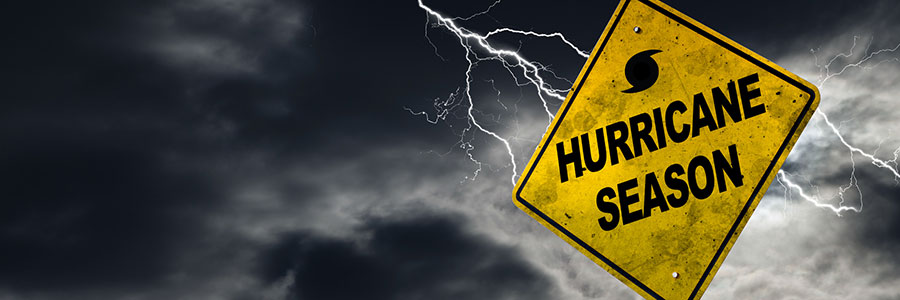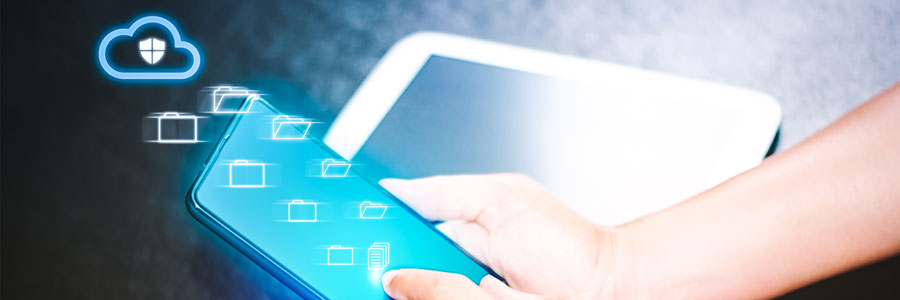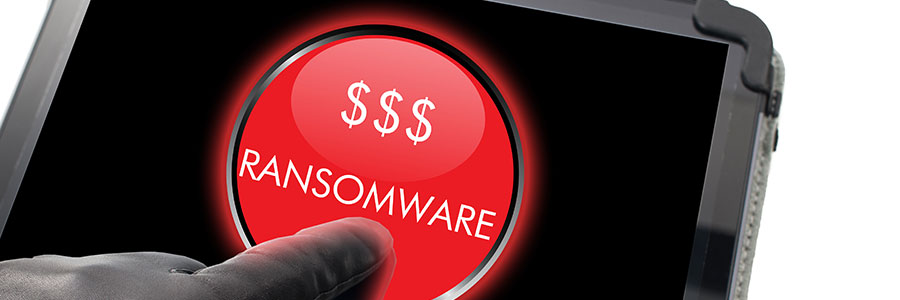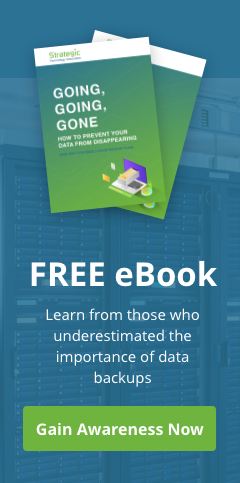In today's interconnected world, small and medium-sized businesses (SMBs) are increasingly targeted by cyberattacks. While large corporations often dominate headlines, SMBs can be particularly vulnerable—and the consequences of a security breach can be devastating.
Cybersecurity: A Vital Shield for Small and Medium Businesses
Don’t believe these disaster recovery myths
Is your business continuity plan doomed to fail?
3 Disaster recovery myths, debunked
3 Things to consider with virtualization
Is your business prepared for hurricanes?
Reasons to back up your mobile devices
Disaster recovery myths you can dismiss
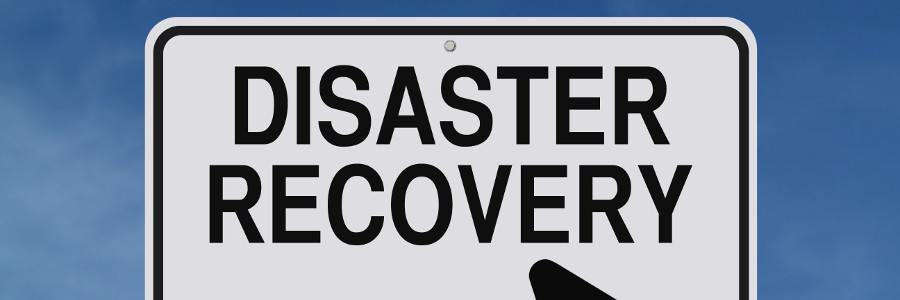
Technology changes so rapidly. With disaster recovery (DR), we see business owners clinging to ideas that no longer apply. What kind of DR myths are still widely accepted by the masses? Here are three that need to be retired immediately.
Tape backups are the best DR solution
Backup tapes are physical objects that deteriorate over time.
The pitfalls of business continuity planning
Ransomware traps Skype users with fake ads
- 1
- 2


